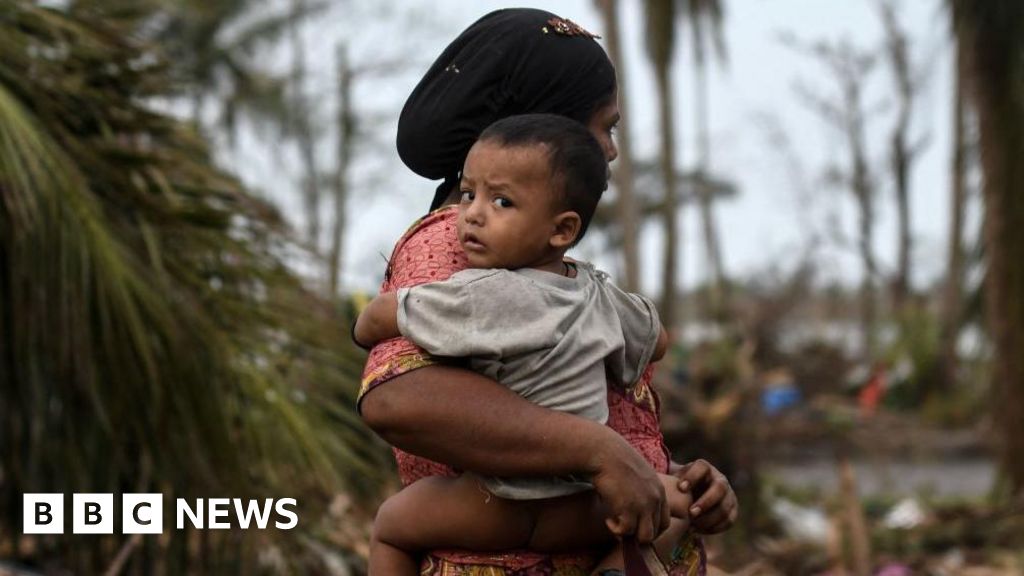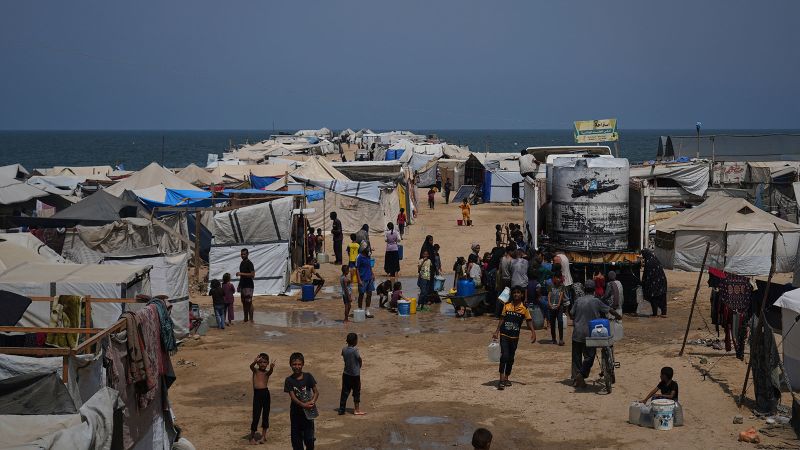Myanmar: UN Warns of Imminent Starvation Crisis Among Rohingya Refugees – Humanitarian Disaster Looms

A Dire Situation: Rohingya Refugees Face Starvation in Myanmar
The United Nations is issuing increasingly urgent warnings about a looming humanitarian disaster in Myanmar, specifically concerning the Rohingya refugee population. Reports from the ground paint a grim picture of widespread food scarcity and rising fears of starvation, particularly within the sprawling refugee camps that house tens of thousands of displaced individuals.
One of the largest of these camps, located along the road west of Sittwe, the capital of Rakhine State, is facing a particularly acute crisis. A recent account, corroborated by four independent sources in Sittwe who spoke with the BBC, detailed a family's harrowing experience of near-starvation due to the extreme lack of food. This isn't an isolated incident; it reflects a broader trend of dwindling resources and escalating desperation within the camps.
The Roots of the Crisis
The situation is a complex one, rooted in years of conflict and displacement. The Rohingya, a predominantly Muslim ethnic minority, have faced decades of persecution and violence in Myanmar. A particularly brutal military crackdown in 2017 forced hundreds of thousands to flee to neighboring Bangladesh, leaving behind their homes and livelihoods. Those who remain in Rakhine State are largely confined to these camps, heavily reliant on humanitarian aid.
Why the Food Shortage?
Several factors are contributing to the current food crisis. Disruptions to aid delivery caused by ongoing conflict and logistical challenges are a major issue. Economic instability and rising food prices in Myanmar are also exacerbating the problem, making it difficult for refugees to access even basic necessities. Furthermore, restrictions imposed by the military government on humanitarian access are hindering aid organizations' ability to reach those most in need.
The UN's Plea for Action
The UN has repeatedly called on the Myanmar government and the international community to take immediate action to address the growing crisis. They are urging for unrestricted access for humanitarian organizations, increased funding for relief efforts, and a commitment to protecting the rights and well-being of the Rohingya population. The UN warns that without swift intervention, the situation will deteriorate further, potentially leading to widespread starvation and a catastrophic humanitarian emergency.
Beyond Immediate Relief: A Long-Term Solution
While immediate food aid is crucial, addressing the underlying causes of the crisis is essential for a long-term solution. This includes advocating for the Rohingya's right to citizenship, ensuring their freedom of movement, and promoting reconciliation between communities. The international community must hold the Myanmar government accountable for its actions and work towards creating a sustainable and just future for the Rohingya people.
The situation remains incredibly precarious, and the coming months will be critical. The world must not turn a blind eye to the suffering of the Rohingya refugees in Myanmar.






